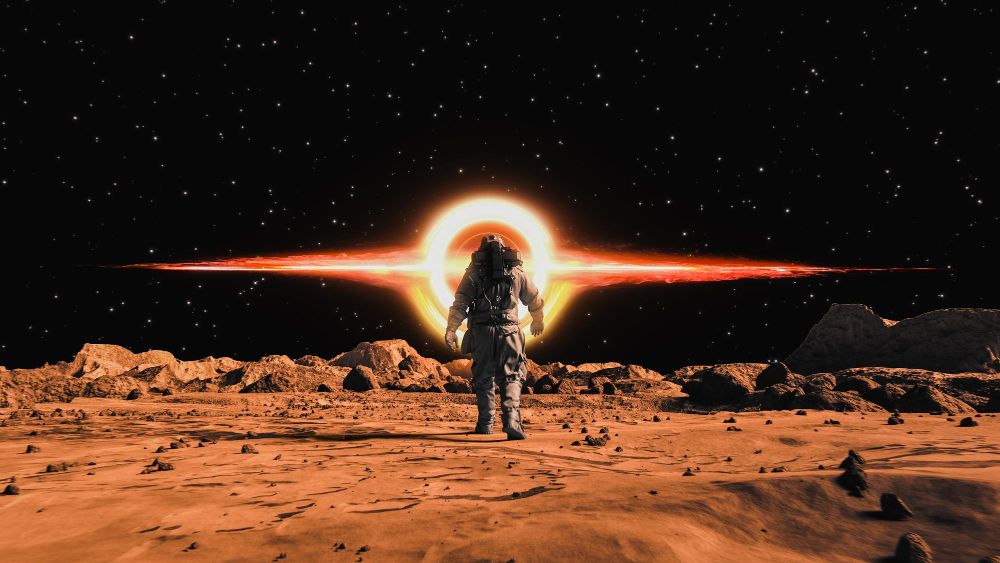
Space exploration has been synonymous with technological innovation since the early days of human curiosity about the cosmos. From the first satellite to the latest Mars rover, technology has played a pivotal role in expanding our cosmic frontiers. In this article, we’ll embark on a journey through the evolution of tech in space, exploring current advancements, addressing challenges, and envisioning the future of cosmic exploration.
Introduction Tech in Space
The allure of space has captivated humanity for centuries, and it’s technology that has allowed us to reach for the stars. In this cosmic odyssey, we’ll unravel the intricate relationship between technology and space exploration.
The Evolution of Space Technology
Our journey begins with a glimpse into the historical milestones that paved the way for modern space exploration. From the early days of rocketry to the Apollo moon landings, each step marks a leap forward in our technological prowess.

Current Technologies in Space Exploration
Today, cutting-edge technologies propel spacecraft across vast distances, navigate celestial bodies with precision, and transmit data across the cosmos. We’ll delve into the specifics of these technologies, from AI-driven navigation to advanced propulsion systems.
Challenges and Solutions
While the cosmos beckons, space exploration poses significant challenges. In this section, we’ll explore the hurdles faced by astronauts and engineers and the ingenious solutions that technology provides.

Tech-driven Discoveries
Advancements in space technology have led to breathtaking discoveries. We’ll spotlight missions that uncovered the mysteries of distant planets, moons, and galaxies, showcasing the impact of technology on our cosmic understanding.
Space Technology and International Collaboration
Space exploration is a collaborative effort on a global scale. We’ll examine how different nations contribute their technological expertise to collective missions, fostering international cooperation beyond our planet.
The Future: Tech’s Role in Cosmic Frontiers
What does the future hold for space technology? From upcoming missions to potential breakthroughs, we’ll gaze into the crystal ball of cosmic exploration and discuss the role of AI in shaping our cosmic destiny.

Tech Ethics in Space Exploration
As we push the boundaries of exploration, ethical considerations come to the forefront. We’ll navigate the delicate balance between technological advancements and ethical responsibilities, addressing potential controversies.
Conclusion
In conclusion, our journey through the cosmic frontiers illuminated by technology showcases the indelible link between human innovation and the vast expanse of space. As we stand on the precipice of discoveries, technology will continue to be the guiding star in our cosmic pursuits.
FAQs
- How has technology changed space exploration over the years?
- Technology has evolved from basic rocketry to advanced AI-driven systems, revolutionizing our approach to space exploration.
- What are the key challenges in space exploration?
- Challenges include radiation exposure, long-duration space travel effects, and the need for sustainable life support systems.
- How do countries collaborate in space missions?
- International collaboration involves resource-sharing, joint missions, and the exchange of technological expertise.
- What is the future of AI in space exploration?
- AI will play a crucial role in autonomous navigation, data analysis, and decision-making for future space missions.
- How do space agencies address ethical concerns in exploration?
- Ethical guidelines, international agreements, and continuous scrutiny help mitigate ethical concerns in space exploration.



